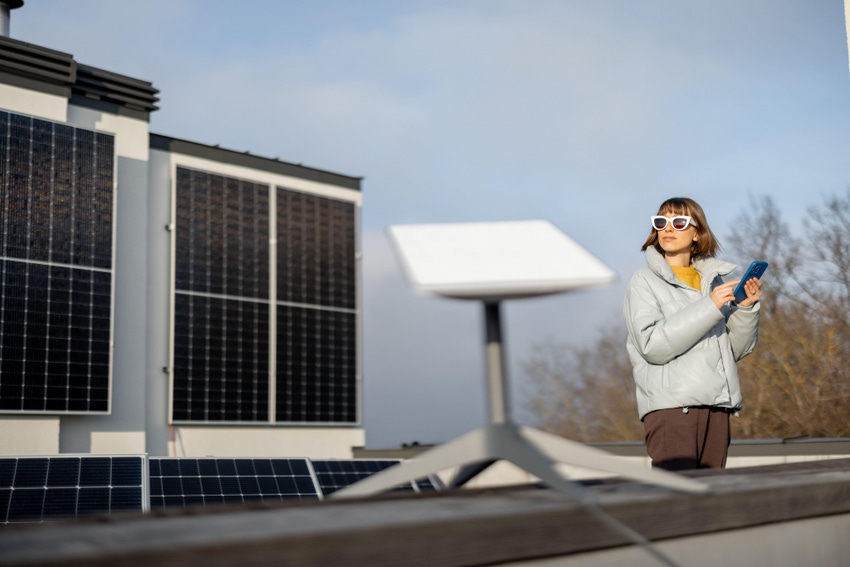2023 in review: Satellite direct-to-device race heats up
The direct-to-device (D2D) market took off this year as companies like SpaceX, AT&T, Iridium and Qualcomm looked at ways to connect phones to satellites. However, the sector is still in its infancy.

The race to space is on. And plenty of companies are vying for the prize.
Apple kicked off the race with its introduction of the iPhone 14 in 2022. The gadget allowed users to connect directly to Globalstar satellites in locations where they could not get a terrestrial cell signal. Apple targeted the service only at emergency messaging, but the technology promises to support much more eventually, including calling and potentially data services.
That tantalizing opportunity – 5G from space – has attracted a wide range of players. For example, T-Mobile hopes to use SpaceX satellites to offer space-based connections to its entire customer base. Meanwhile, satellite companies like Iridium and Viasat are hoping to ink direct-to-device (D2D) deals with handset makers, network operators and others. And plenty of startups – from AST SpaceMobile to Skylo – are also playing in the market.
However, the overall opportunity remains unclear. For example, Qualcomm recently bowed out of its phone-to-satellite deal with Iridium due to a lack of interest in the technology from Android smartphone makers.
Regardless, the emergence of the D2D opportunity was certainly a major event in 2023. Catch up on all the major developments below:
2/24/23 – Spotting the losers in satellite D2D
About the Author(s)
You May Also Like




_International_Software_Products.jpeg?width=300&auto=webp&quality=80&disable=upscale)







